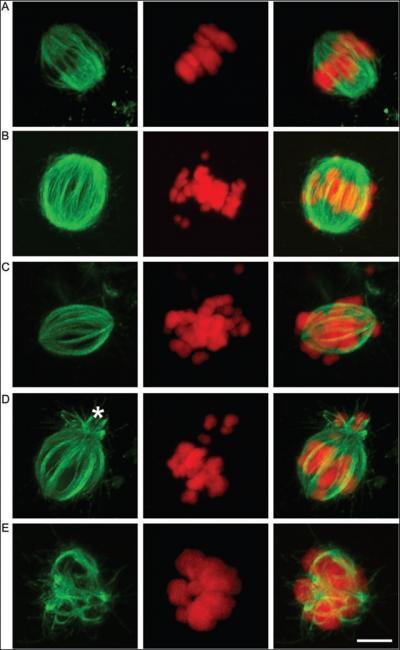Up to 20 percent of infertile couples in America have unknown reasons for their infertility but researchers led by Catherine Racowsky, PhD, director of the Assisted Reproductive Technologies Laboratory at Brigham and Women's Hospital, wants to fill in that blank, and hints that it could be exposure to Bisphenol-A (BPA).
A randomized trial examined 352 eggs from 121 consenting patients at a fertility clinic. The eggs, which would have otherwise been discarded, were exposed to varying levels (20 ng/ml, 200 ng/ml and 20 µg/ml) of BPA in a laboratory setting. This is far higher than any natural setting, where rigorous studies have been unable to detect bioactive BPA in the blood stream at all, which means it was under point three parts per billion.
An egg from each patient was not exposed to BPA and served as the control. Researchers then examined the eggs and found that exposure to BPA caused:
- A decrease in the percentage of eggs that matured.
- An increase in the percentage of eggs that degenerated.
- An increase in the percentage of eggs that underwent spontaneous activation, the abnormal process when an egg acts as though it has been fertilized, even though it has not been.

Images of eggs examined in this study show a properly formed spindle structure with aligned chromosomes (image A) and eggs with spindles of various abnormal shapes and misaligned chromosomes after being exposed to BPA (images B, C, D and E). The green images on the left are the eggs' spindle, the red center images are the eggs' chromosomes and the images on the right show the spindles and chromosomes merged together. Credit: Brigham and Women's Hospital
As the BPA dose increased, there was a decreased likelihood of maturity, an increased likelihood of degeneration and an increased likelihood of spontaneous activation. Additionally, among the mature eggs, there was a significant trend toward a decreased incidence of bipolar spindles and aligned chromosomes with an increased dose of BPA. Researchers note that these results are similar to the previous research examining the impact of BPA exposure on animal eggs.
"Because exposure to BPA is so ubiquitous, patients and medical professionals should be aware that BPA may cause a significant disruption to the fundamentals of the human reproductive process and may play a role in unexplained infertility," said Racowsky. "Our data show that BPA exposure can dramatically inhibit egg maturation and adds to a growing body of evidence about the impact of BPA on human health. I would encourage further research to gain a greater understanding of the role BPA plays in infertility."
Citation: Ronit Machtinger, Catherine M.H. Combelles, Stacey A. Missmer, Katharine F. Correia, Paige Williams, Russ Hauser, and Catherine Racowsky, 'Bisphenol-A and human oocyte maturation in vitro', Human Reproduction July 30, 2013 doi:10.1093/humrep/det312





Comments